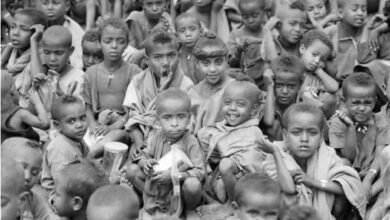Diplomacy: Pelham-Raad, Team Secures Liberia’s UNSC Return After 60 Years
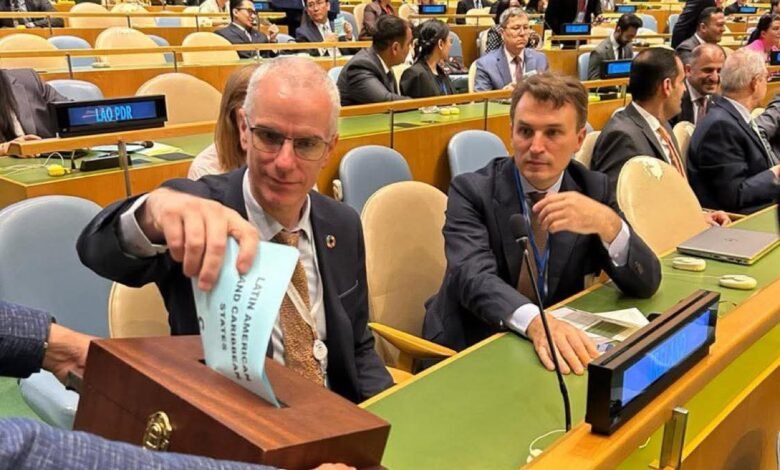
NEW YORK – In a resounding victory for Liberia’s global aspirations, the nation has secured a non-permanent seat on the United Nations Security Council for the 2026–2027 term. The announcement came on June 3, 2025, following a decisive vote at the UN General Assembly where Liberia garnered overwhelming support—181 out of 187 possible votes.
Though Liberia will not officially assume its seat until January 1, 2026, the success marks a turning point in the country’s international profile. At the heart of the campaign was Assistant Minister for International Organizations, Karishma P. H. Pelham-Raad—whose strategic leadership transformed a national dream into a global reality.
“This victory is not just about a seat—it’s about Liberia standing tall, with dignity and vision, on the global stage,” Pelham-Raad said following the vote.
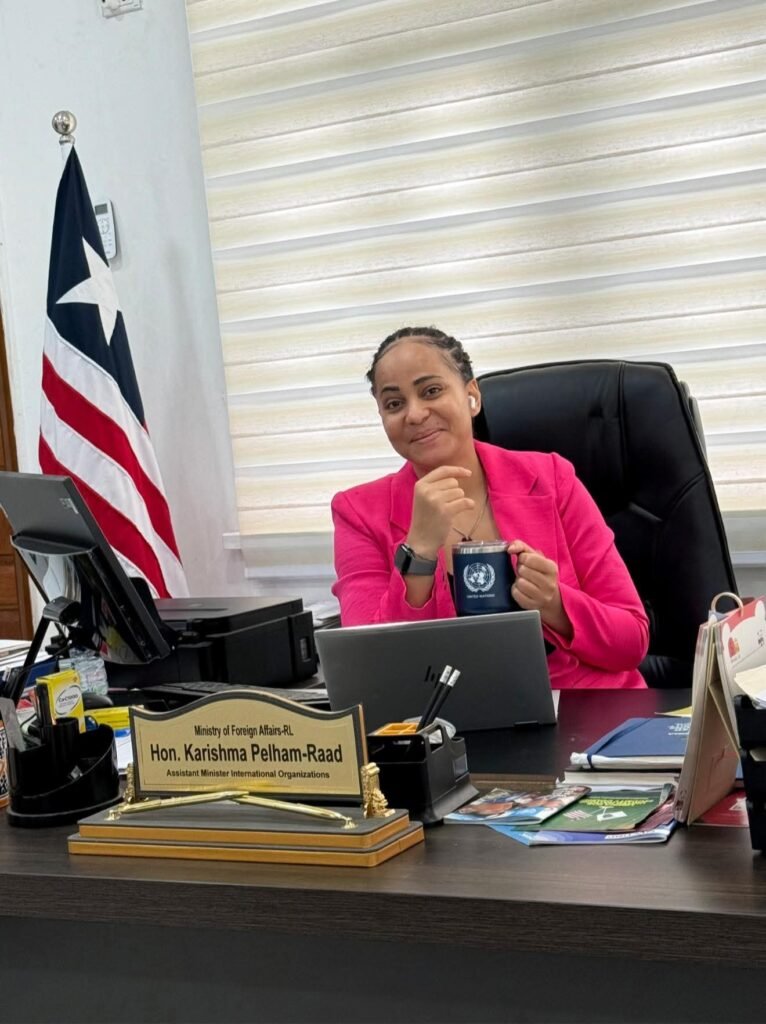
A Legacy Rekindled
This will be Liberia’s first term on the Council since 1961, reconnecting the country with its rich diplomatic heritage. As Africa’s oldest republic, Liberia played a pivotal role in the formation of the Organization of African Unity and was among the original supporters of Israel’s establishment in the UN in 1948.
Liberia’s trailblazing history also includes Angie Brooks, the only Black woman to have ever served as President of the UN General Assembly. Pelham-Raad’s campaign frequently invoked this legacy—not as a relic, but as a call to leadership.
“Our past is a foundation, not a resting place,” she said. “Liberia is stepping forward with purpose.”
Strategic Diplomacy with Global Reach
Launched on September 27, 2024, the campaign extended across diplomatic missions, regional forums, and multilateral negotiations. As Global Campaign Chair, Pelham-Raad led a robust team effort that projected Liberia as a credible partner in peace, conflict resolution, and environmental governance.
The messaging emphasized Liberia’s post-conflict recovery, democratic reforms, and environmental significance—particularly its stewardship of over 40% of West Africa’s remaining rainforest. These themes resonated strongly across Africa, Latin America, and Europe.
“Liberia knows the cost of conflict and the value of peace,” Pelham-Raad said. “That lived experience shapes our global perspective.”
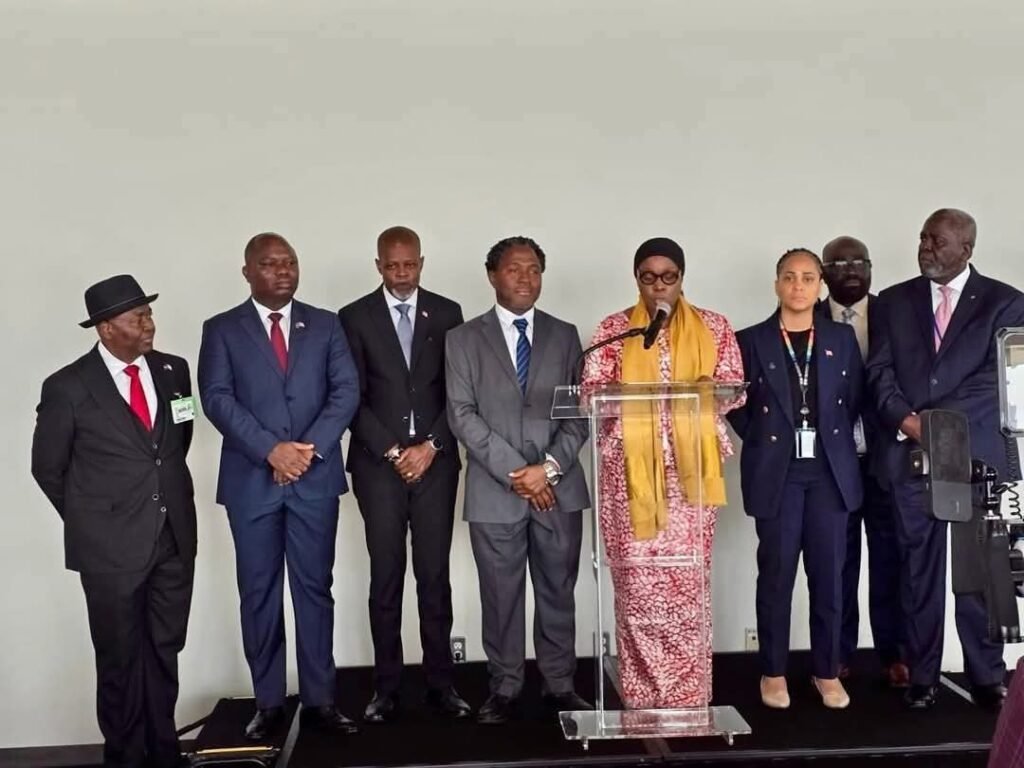
National Unity, Global Support
The campaign’s success was built on unprecedented cooperation across Liberia’s diplomatic institutions. The Ministry of Foreign Affairs, Liberia’s Permanent Mission to the UN, and high-ranking officials—including President Joseph Boakai and Foreign Minister Sara Beysolow Nyanti—united behind the bid. The Liberian Senate also expressed full endorsement, making it a truly national endeavor.
“This is not one woman’s achievement,” said Foreign Minister Nyanti. “This is Liberia rising as one voice.”
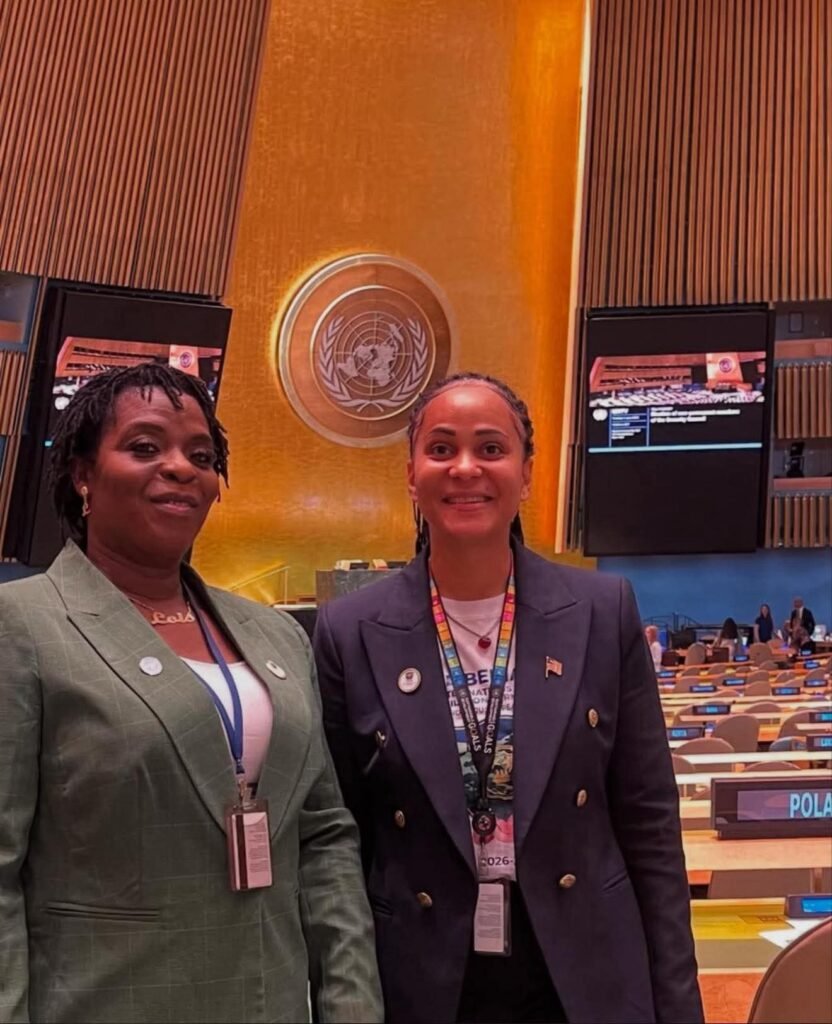
What Happens Next
Liberia’s term on the Security Council will officially begin on January 1, 2026, joining 14 other countries tasked with addressing some of the world’s most urgent issues—ranging from conflict mediation to sanctions and peacekeeping operations. Liberia joins four other newly elected countries: Colombia, Bahrain, the Democratic Republic of Congo, and Latvia.
During its term, Liberia is expected to champion issues such as peacekeeping reform, regional stability in West Africa, climate-security links, and inclusion of youth and women in peace processes.
“We come with ideas, empathy, and the will to act,” Pelham-Raad emphasized. “Liberia is ready to contribute, not just participate.”
A Nation Reintroduced to the World
Though not yet seated, Liberia’s election to the UN Security Council is already shaping the country’s diplomatic identity. For Karishma Pelham-Raad, it is both the culmination of months of relentless diplomacy and the beginning of a new chapter in Liberia’s global journey.
“Liberia’s voice will soon echo in the chamber where peace and conflict are debated,” she said. “And that voice will speak not just for our nation—but for all who believe in resilience, cooperation, and global justice.”

